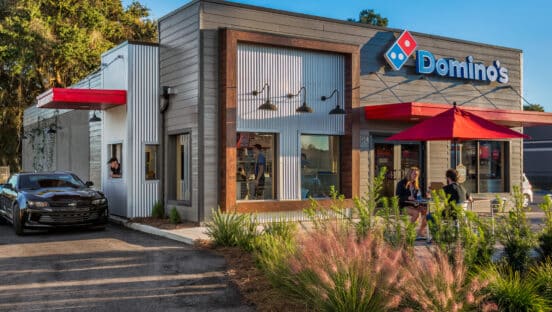Two years ago, fast-casual Asian concept Teriyaki Madness set a goal to open 25 units by 2014. But nearly a year ahead of schedule, the brand has already “blown that forecast out of the water,” says cofounder and CEO Rod Arreola.
Thanks to an explosion of grow over the last three months—including franchise agreements for 20 new locations throughout California, Texas, Colorado, and Nevada—the brand is also set to beat its five-year goal of having more than 100 stores up and running, likely accomplishing that goal a year early, too.
“Things are really taking off,” Arreola says. “We’re excited, and it’s blowing away our expectations as far as our franchise sales growth.”
The units under development in markets like Austin, Texas; Pasadena and Orange County, California; and Denver also mark the brand’s first foray out of its home market of Las Vegas.
Though the concept and menu will change little as it covers new ground, Arreola says the brand may eliminate a few items that haven’t sold so well over its ten years in Sin City, like Pork Teriyaki.
“Basically, it’s less than 5 percent of our sales,” he says.
Teriyaki Madness has also teamed up with a California-based architecture firm to put together a standard unit design based on “what we have, and then enhancing that to move forward with the new locations in the other states,” Arreola says.
He says that not only are potential franchisees attracted to the impressive numbers operators are pulling off—including an average 23 percent same-store sales increase; AUVs of $855,000; and profitability of 16–21 percent—but also to the uniqueness of the concept, which combines Asian flavors with healthy items.
There’s really nothing out there like us that’s expanding on a national scale on the Asian side,” Arreola says. “[Franchisees] understand the opportunity of not serving just the regular fare of sandwiches and pizza and wings. Those things are kind of played out.”
Though interest in the brand is strong and growth is robust, the brand is having some difficulties finding real estate in the in-demand markets it’s entering, Arreola says.
“It’s really tight and landlords are sometimes taking a while to get back to us,” he says. “We want to get started right away, obviously, like everybody else. Franchisees want to get started; we want to get started.”
By Mary Avant





